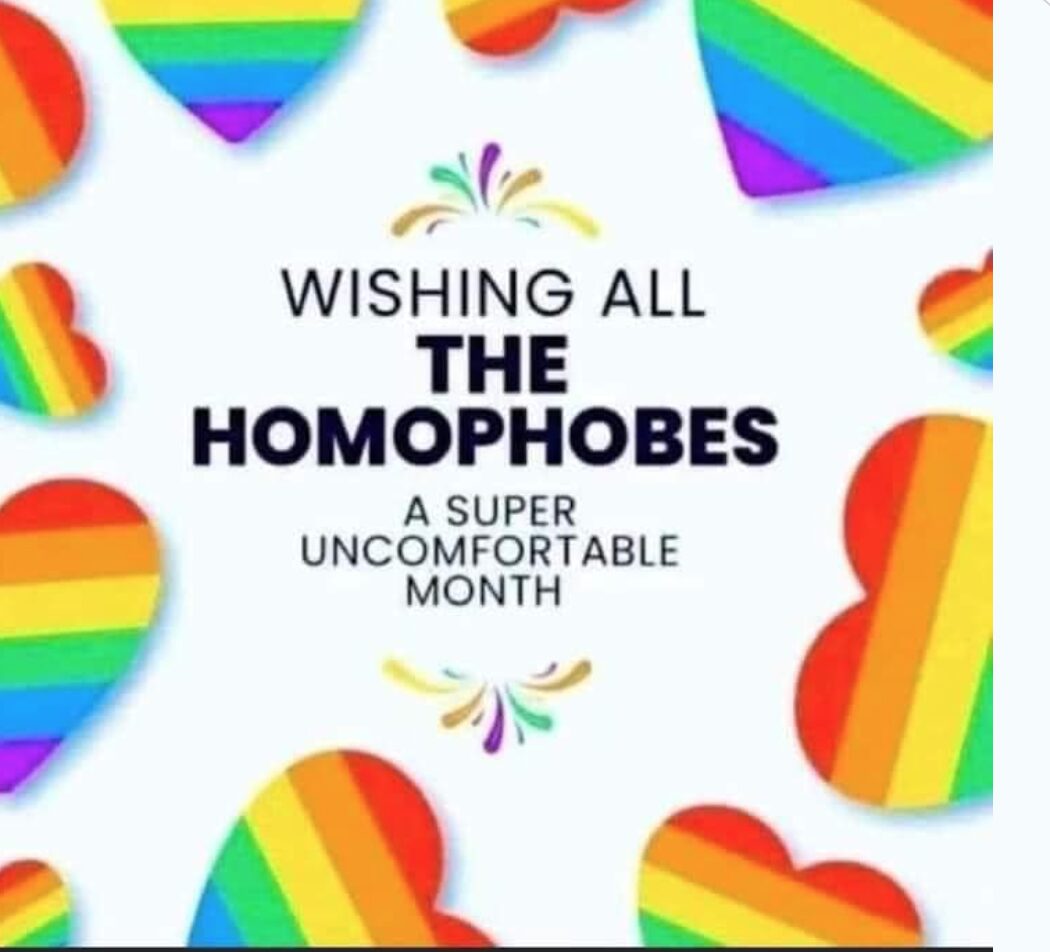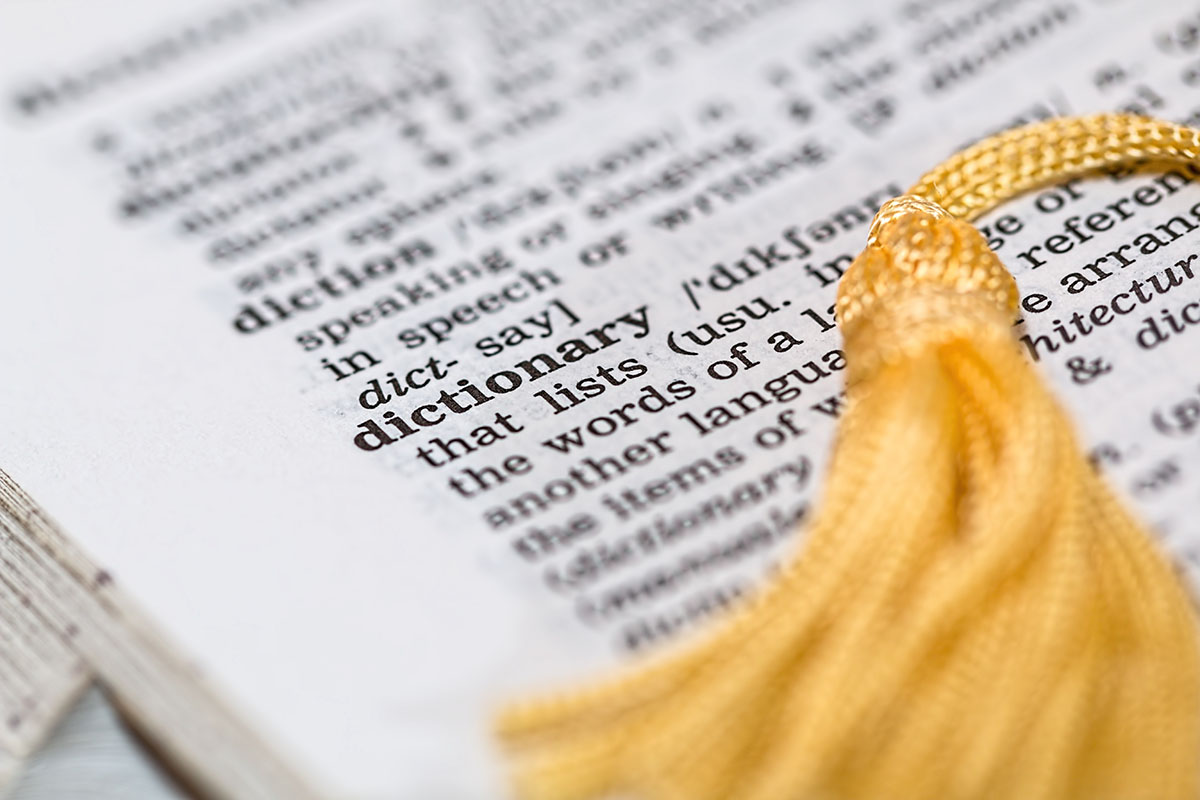Blog
Gay Pride Month: Some Questions
It is an undeniable phenomenon that when it comes to Gay Pride Month – or anything concerning the LGBTQIA2S+ movement – that if you utter a word, if you articulate so much as a single syllable that involves anything other than total acceptance and partiality, you will be on the receiving end of some vicious and unrelenting vitriol. The vitriol will usually involve some combination of rage combined with a posture of victimization from the one attacking you. They will insist that any stated claims that do not involve wholesale acceptance of the queer-agenda means you are cruelly bringing unwarranted harm to the queer person and even unwarranted harm and damage to their advocates and allies – heterosexuals who, for whatever reason, support the queer agenda. Even neutrality is looked upon with suspicion and disdain. Nothing less than 100% alignment with gay priorities will suffice.
Thus, I recognize that I am opening myself up to apoplectic fury in writing this column. I am in no way courting such wrath, but neither am I intimidated by it. I am utterly unaffected by the spasms of outrage and paroxysms of lunacy that are likely by a certain part of the population that see gay things and gay people as the most treasured and precious of the species, and who need round-the-clock protection – more so than innocent toddlers, more so than people with severe cerebral palsy, more so than people suffering from Lupus or pancreatic cancer.
What I hope to do with this column is raise our awareness of a strange and peculiar practice now in vogue: Gay Pride Month, which occupies the whole of June. I’ve been in recent dialogue with quite a number of LGBT activists and allies, and based on those recent interactions, I have some questions I’d like to pose for your consideration.
First, concerning the matter of duration, what is driving the need for gay activists to have an entire month dedicated to “celebrating” gay life? Why 30 days? We give one day to commemorate Veterans. We only carve out one day for members of the Armed Services who made the ultimate sacrifice. We only set aside one day of celebration of the birth of Christ. Is being homosexual worthy of 30 times the amount of time we dedicate to remembering the birth of the Son of God? We give one day for the celebration of the resurrection of Christ. We carve out one day to celebrate the founding of our Republic. Jews take eight days to celebrate Hanukkah, which commemorates the recovery of Jerusalem and the subsequent rededication of the Second Temple which took place during the opening of the Maccabean Revolt. I can only think of one other celebration lasting a full month, and that is the Islamic celebration of Ramadan. Is the act of being attracted to the same sex an act so sacrosanct that it needs a full 30 days devoted to it? Why?
Second, turning our attention for a moment away from LGBT matters, and thinking in broad terms, what sorts of things spawn legitimate pride? Being on the Honor Roll or Dean’s List at school? Winning a Gold Medal at the Olympics? Avoiding the temptation to steal? Performing some noble act? Accomplishing some lofty goal?
Third, with all of that in mind, is having a peculiar proclivity for an aberrant sexual attraction something one should be proud of? If a man is sexually attracted to other men, is that some sort of accomplishment? Is that some kind of achievement? Wouldn’t we find it strange to observe heterosexuals experiencing a feeling of pride merely because they were heterosexuals? If heterosexuals have no reason to be proud of being straight, why should homosexuals be proud of being gay?
Fourth, since gay people and their allies insist that gay people are born that way, that they do not choose to be gay, then where is the accomplishment in being gay? On what basis does one claim they are proud to be gay when, if they are correct about having no choice in the matter, all they did was be “born”? What is the great triumph? I have been told that the great accomplishment is that they are now comfortable with themselves. That’s it? And is that even true? I’ll come back to that question momentarily. But one can be forgiven for feeling that finding pride in being born the way one was born is akin to finding pride in being left-handed (or, for that matter, right-handed). It’s both odd and misplaced.
Fifth, most great achievements are attained by only a small percentage of the population, whether it involves scientific breakthroughs, excellence in athletics, or other impressive attainments. And coincidentally, homosexuals constitute a tiny percentage of the overall population – probably less than 2% and certainly less than 4%. If being gay is a noble achievement (even though they claim they were born gay) are we to therefore understand that being heterosexual, a reality for 96-98% of the population, is a defect? An abnormality? A handicap? If heterosexuals were more motivated, should they strive to be gay? Isn’t that the logical inference?
Sixth, take a look at the photo at the top of this article. It was pushed out there on many Facebook pages starting on June 1st. What should we understand of the militant, in-your-face attitude as conveyed in that message? Does it point to a decency within the LGBT movement? Does it contain any measure of empathy? Of bridge-building? Or is it more about mean-spirited mockery? Isn’t it more of a taunt? I saw one gay rights advocate not only post that photo on his Facebook Wall, but he added this telling comment: “I hope they squirm in agony all month long.” Does this not suggest that gay pride month is less about celebrating gay pride and more about militant, in-your-face defiance? Is it not retaliatory in nature? I saw another gay man named Travis Campion post the following admission: “I’ve tried explaining Pride isn’t as much as being gay as it is about standing up to the persecution and violence from homophobes. They hate it when people stand up to them which is why they’re so mad about it.”
Thus, is it not the LGBT annual ritual of giving a month-long middle finger to those of us who do not unconditionally surrender to their agenda? Is it not a mechanism for ramming their private sexual tendencies down the throats of the rest of us? Is it not an attempt to normalize the abnormal?
Finally, what does it say about a group whose defining characteristic revolves around their sexual proclivities? Does that suggest a calm, dignified confidence? No, it does not. I suspect that the LGBT community is not comfortable in their own skin. Their need to thrust their agenda in your face in such a blatant manner – for an entire month – points to a discomfort deep in their psyche. Like the insecure adolescent desperate for attention and adulation, they are plagued by a gnawing need for acceptance from outside themselves precisely because they have yet to find self-acceptance from within. Gay Pride month serves as a validation mechanism to bolster their sense of self-esteem and self-importance.
But look at the bright side: they have not, as of yet, demanded a “Gay Pride Year” – daily and perpetual celebration year-round. As a protected class, they have attained a “favored status” in society, yet they still insist, and their allies also insist, that the LGBTQIA2S+ movement are members of the most fragile, persecuted, and bullied population on earth, even in the face of LGBT activism that can only be described as savage, mean-spirited, and destructive. Just ask Brendan Eich, former CEO of Mozilla, about that. (Look it up).
Notice that not once in this column I have spoken of morality. I have not quoted the Bible or other religious leaders. Thus, even with no commentary whatsoever on matters of chastity, self-restraint, or virtue, it is difficult to escape the conclusion that Gay Pride Month is a battle-line disguised as a celebration.
And that, my friends, is the latest elephant in the room.






